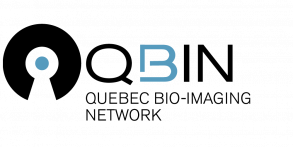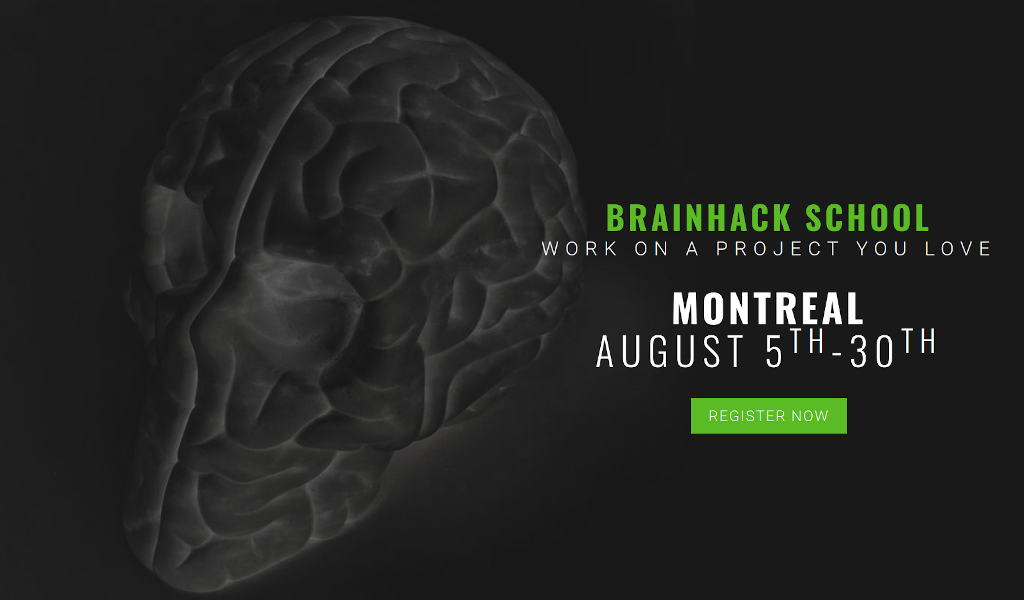By Samuel Guay and Alexa Pichet Binette / 2020-01-27
Learning how to work openly and collaboratively are becoming increasingly important [not to say necessary] aspects in research. Furthermore, analyzing complex bioimaging data requires knowledge in biology, statistical modeling and computational tools, and adopting good research practices early on is key for success. The Montreal BrainHack School was founded based on these premises by neuro-enthusiasts. Dr. Pierre Bellec, director of the BrainHack School told us:
“Brainhack is a reference to the spirit of the hacker community at the origin of free software: playful cleverness and collaboration, but this time for the brain. Brainhack is also the name of a series of 3-days workshops initiated by Cameron Craddock, where multi-disciplinary people gather to collaborate on projects. Over the years, it became clear there was a huge training potential with that format. Brainhack school is an attempt to stretch Brainhack into a 4 weeks project-based learning experience.”
Over four weeks, participants have the chance to learn about the cutting-edge open science tools and to apply them on a project of their choice. Working in collaboration with one another and directly putting into practice new knowledge is the best way to learn and is exactly how the school was designed. Graduate students can earn 3 university credits by attending the school, but in no way does this summer school look like a classic 3-credit course. Each week of the school is organised by a different partner institution in Montreal and is centered around a different theme with a resident expert tutor. This way, students have the chance to visit the main universities around the city’s namesake mountain and experience different styles of teaching, but always benefit from project-based, hands-on learning.

